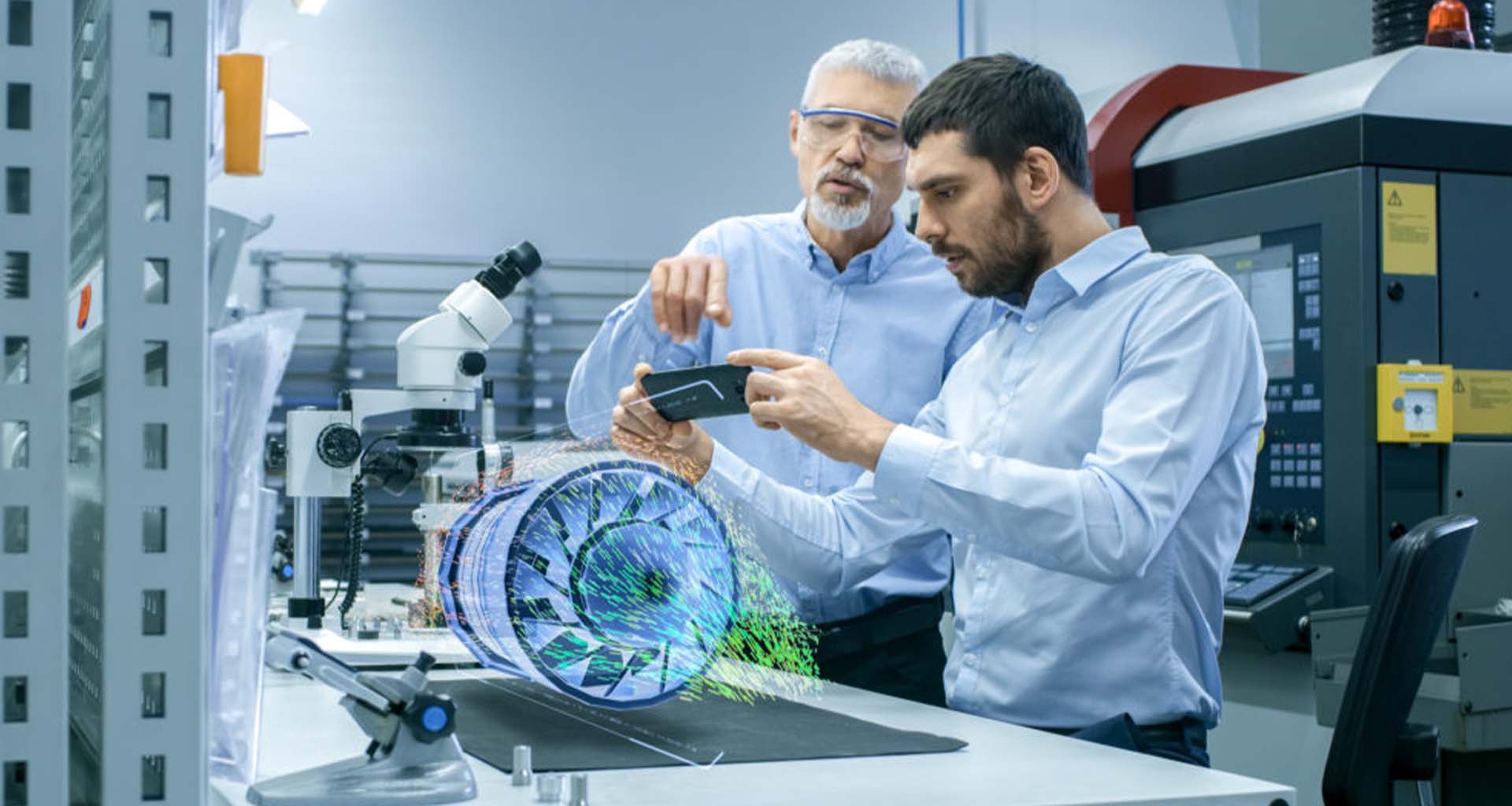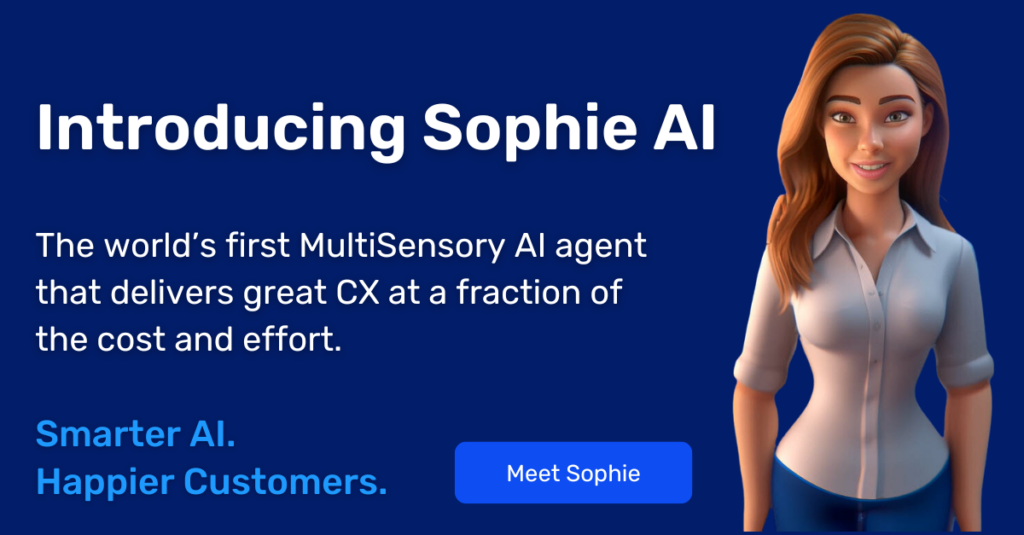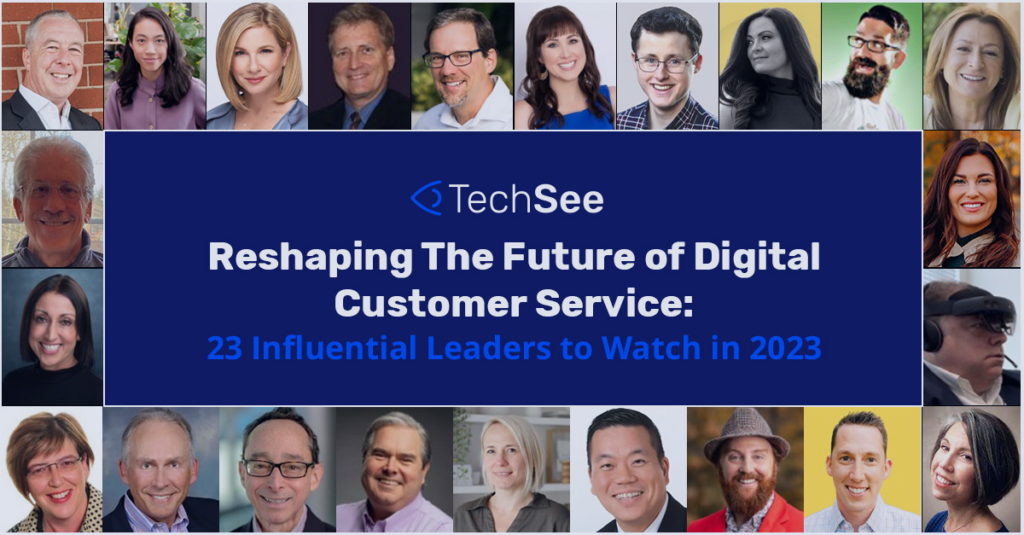Contents
Wake up and smell the…..smart coffee?
The home coffee machine industry has become a hot market, driven by consistent demand for better coffee and improved methods for making it at home. The evolution started with the introduction of the individual coffee pod. Pod technology transformed the home coffee machine market by reinventing how coffee could be delivered and brewed at home. Before 2000, there was no market for individual coffee pods. However, by 2014, pods were already capturing 34% of sales in the coffee market, and every coffee company had a new product division it was required to support – the pods. The pod technology changed not only the way coffee was made, but also introduced new models of delivery, including coffee subscriptions etc.
With coffee representing a lifestyle as much as a simple beverage, today’s consumers want it all – taste, convenience and cost efficiency. This demand has spurred a flood of investments and innovation in this space, delivering even smarter coffee machines. As with the pod revolution, market growth of smart coffee machines is expected to escalate quickly. According to the Global Smart Coffee Machines Industry 2017 Market Research Report, the global smart coffee maker market is expected to grow at a CAGR of 38.81% during the period 2017-2021. From a customer service perspective, this rapid growth translates into more complexity and a greater need for support at scale.
The Shift Into Complexity
Twenty years ago, home coffee machine manufacturers were responsible for providing service only for the device itself. As long as the machine was operational, their job was done. Today’s home coffee machine manufacturers have business models that are much more complex, as the device itself is just a small part of what they deliver. They must also manage the ordering and shipping of coffee through multiple touch points (brick and mortar, partners, online, and through customer apps), support for Wi-Fi connected machines, and much more. The need for support is multiplied not only by the larger scale but also by the complexity of ecosystem. This shift in the business model illustrates the extensive nature of consumer support issues that can be expected as we enter the era of IoT, and provides valuable insights into how to best prepare to support the next wave of successful technologies in our homes.
Supporting Smarter Home Coffee Machines
Today’s cutting edge smart coffee machines have changed the support landscape entirely. Operated via Wi-Fi or Bluetooth, these connected machines enable you to start the brewing process from the convenience of your smartphone or tablet. Support for the complete operation of smart coffee machines involves a wide range of technical issues, such as installation and configuration, internet connectivity, error messages, descaling, problems with the coffee output and water leakage. By introducing additional layers of complexity, in both the support of hardware and software, these machines present greater challenges to customer support agents.
Servicing the New Ecosystem
When coffee makers moved into the packaging business, they entered a new world of customer service issues they were unfamiliar with. The business of providing support for a monthly coffee subscription is completely different than that of providing tech support for devices. It includes reviewing bills, orders, damages and a multitude other inquiries that cause longer wait times for customer service representatives.
Another layer of becoming a coffee distributor on top of hardware manufacturer is the need to bundle the two together. A coffee maker that requires a specific type of pod must incentivize consumers to purchase the machine by providing them with deals and promotions on the pods themselves. Managing these promotions places further stress on the customer service department.
Coffee Machines as a Prototype of IoT Innovation
As the ‘Internet of Things’ becomes an increasingly important part of our networked world, the opportunity for innovation in this sphere is unprecedented. Gartner, Inc. forecasts that 8.4 billion connected devices will be in use worldwide by the end of 2017, up 31% from 2016, and will expand to 20.4 billion devices by 2020. The consumer segment is the largest user of connected devices with 5.2 billion active units in 2017, representing 63% of the overall number of applications in use.
The massive growth of smart coffee machines is a leading indicator of the rapid consumer adoption of these future IoT devices and other smart innovations developed in direct response to consumer needs. As each new smart device comes on the market, consumers will need effective support for installation, configuration, maintenance and billing, just as they do for their coffee pods and smart coffee machines. Companies will need to find the right solutions to support these home devices at scale.
Summary
The evolution of the home coffee machine industry over the last decade is a good indicator of what can be expected across other sectors of consumer electronics and smart home devices. Technologies that target a perfect market will scale quickly, and rapidly develop its own ecosystem of related services and products. Support organizations must re-evaluate their services, processes and tools in order to deliver Support at Scale and meet the new demands of the connected consumer.
As a Support of Things (SoT) company, TechSee understands the need for clear, efficient resolutions. TechSee’s AI-driven mobile visual support solution has been an integral part of the support process for smart home coffee machines as well as other smart devices. TechSee’s innovative technology enables agents to ‘see’ the customer’s home devices and direct them rapidly to resolution. This advanced level of support can be the differentiator in consumer adoption of each IoT innovation.
In addition, TechSee’s intelligent visual support platform builds a comprehensive visual database of common issues and solutions, getting smarter with each interaction between customers and service representatives. This growing knowledge base helps deliver automated customer assistance over time, ensuring faster and better self-resolution, higher customer satisfaction and fewer costly technician visits.
TechSee’s AI-driven mobile visual support platform has a proven track record of success across multiple industries. Click here for a live demo of our powerful visual support platform.







